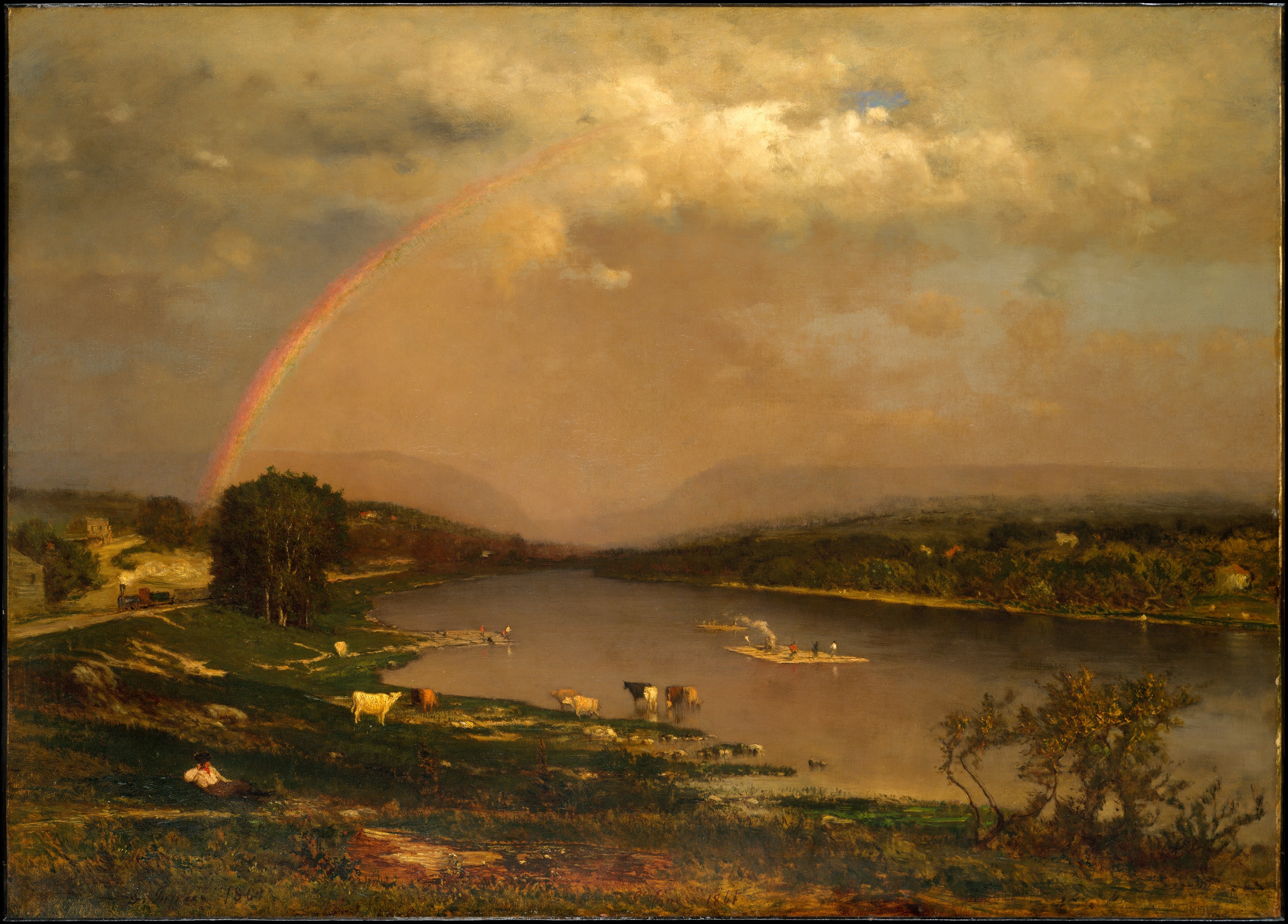Like Water
With water the molecules add up, and all that adding up gets heavy, with that weight you must carry. Though, in the end, it's just water.
"Good job," the poem said sardonically. "You've managed to make a depressing thing out of the Earth's most abundant joy," the poem added.
With water the molecules add up,
and all that adding up gets heavy,
with that weight you must carry.
Though, in the end, it's just water.
"Good job," the poem said sardonically.
"You've managed to make a depressing thing out of the Earth's most abundant joy," the poem added.
"I've just started, and while you may be right for the moment, it won't stay that way," I responded to the poem. Though I responded, there continued to be a doubt as to the real purpose of my making the water so heavy. I explained further.
"There's water in blood, and that is moving throughout the body always," I told the poem further, feeling more confident now that I had managed an answer with some promise.
"How much of this poem will be about blood?" the poem asked.
"I'd say about eight percent because that's what's left after the water is removed from the blood," I said, feeling pleased with the science and metaphor.
"Continue then and see," said the poem, "but even a poem doesn't truly enjoy all that blood you people like to call forth for its metaphors all the time."
"I admit it, but again the poem won't really be about blood," I said to the poem. "It will be about water." Though after I spoke it, I realized that perhaps I should keep this to myself. There are always privacies which should not be spoken, even to the poem. The form itself takes shape, and its meanings often should remain hidden from plain sight and especially from dialogue in the poem.
"A poem that's ninety-two percent water is enough to drown a person," said the poem. "The reader may not like this, to have such dangers after the blood has already been introduced," the poem added wryly.
"People like all kinds of waters," I began to instruct the poem.
"It's your poem," said the poem.
"Let's craft it then," I answered, revealing some emotion and distrust. The poem was too present, too pushy, I thought, so I backed off the page, wrote lightly with pencil, hoping this light touch would lull it to quiet and allow me to get on with the business of writing the poem. To allow us both some space and to satisfy each what the other desired. I wanted it to go well for all three of us: the poem, the reader, and me.
"Somewhere over the rainbow," the poem added, recognizing the allusion.
"Yes, that's there," I said, "but you don't have to speak it; it's there in the lines between."
"For the poem, there are no lines between, just what's on the page. The rest belongs to the reader."
"I envy you," I said to the poem. "You remain even when the reader departs. You have form and substance even after the writer departs and the reader forgets."
"Perhaps you should use the camera then?" said the poem. "Perhaps it is more of a picture. Or maybe you should draw the scene, and though I won't be there, the lines will be. The meaning deserves its own life, its own chance to live without these words."
"Perhaps," I said, feeling pleased the poem could recognize this and offer it, hoping it would not detect this pleasure and challenge it.
The poem remained quiet, and my pencil continued lightly over the pages.
I had a body, and inside that body moved water carrying all the components to keep it fed, protected, alive, functioning. The poem had this also but instead of water, now was made of the pulp of trees and light graphite and the distance, like veins and arteries over the two dimensions, and ever so thin, the third eye in relief, however slight upon the page in the pencil's depressions, and the times in which you, dear reader, exchanged for its value, calculated somewhere in that time.
I hope it's enough to conjure a desirable body and that this body now formed could attract and sustain some beauty, and more meaning with the passing of time. Maybe even timeless.
"Timeless now?" said the poem, suppressing a laugh, sensing I had drifted into the sentimental.
"You're right," I conceded to the poem. "I should be concerned with forming your body, like we spoke about before."
"Continue on," the poem replied, pleased with this turn.
"We are formed in the image of God," I instructed the poem.
"You mean you are," said the poem. "I'm formed from the ideas of people, and my body will be a different kind than yours."
"In the beginning was the word," I quoted the Gospel of John. "You see, the word preceded the body," I continued, "so you are like us, preceding all bodies. You are built on first principles, which is why I think people love poetry so much. We are bound to it," I said, feeling the spirit. "I can demonstrate," I said, inviting the poem's continuance.
"Proceed," said the poem with a modicum of reluctance.
"Imagine a small figure sitting in front of you now. It rises from the table, a small human form, made from clay, looking at you. You make eye contact and watch as it blinks. Still looking at you, it tries to form some words but halts and waits for yours first in anticipation. 'Name it,' you hear a voice in your head as a directive. There's a bond between you as you seek for its name and help form its personality."
"There it is," I said to the poem. "Like you, it came from somewhere inside me. I made a new life, even if only in the minds of we three for now, this new life exists," I said to the poem.
The poem stayed silent for a time.
"That's for the reader," said the poem.
"Yes, I think," I replied. "It's your body that's the vehicle. You are formed in the same way." Once I said this to the poem, I felt lost in my own romanticism.
The poem began to speak but stopped itself before a word could be uttered and we both took to silence.
"The figure waits for a name," I said after a time. "It's there in the abstract. It remains there between you, the reader, and me," I said after the silence, repeating my claim.
By this time, the sun had set and the late summer was also silent in the time before the night insects start their symphony. The sky glowed dim from a crescent moon until a jet passed overhead, breaking the silence, on its way to Newark.
"Maybe the next one will be about silence," I said to the poem. The poem is never silent, I thought, feeling forlorn.
"We'll talk again," I said to the silent poem. I'll release this poem now, I thought, feeling it as complete as it could get.
"Don't release it," the poem spoke confidently, breaking its silence.
"Why?" I responded with immediacy.
"Because there is nothing to love here."
You're right, I thought, feeling diminished.
"I was silent.
The poem was silent."
Find more:

 X
X
 BlueSky
BlueSky

Comments
Post a Comment